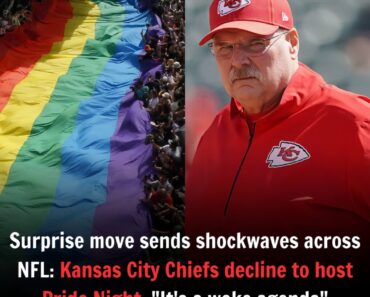As millennials get older, when they enter the life stages of marriage, parenting, and a thicker salary bag, they begin to move away from the busy big city, just like the previous generation X.

The Wall Street Journal quoted data released by the US Census Bureau at the end of September. Last year, 27,000 millennials between the ages of 25 and 39 moved out of metropolitan areas such as New York, San Francisco, and Houston to green and beautify. Suburbs with higher levels and lower consumption. Statistics also show that millennials are moving away from Chicago, Las Vegas, Washington, Portland and Oregon.
According to this data, the number of millennials living in major U.S. cities last year was significantly reduced in the fourth year. Where do these millennials move? American media Axios said that most millennials have moved to suburbs near large cities to combat rising living costs and the lack of access to convenient facilities that support family life.
But more affordable metro areas, including Austin, Columbus, Ohio, Los Angeles, San Diego, and Seattle, are also attracting millennials.
Financial advisory site SmartAsset’s report last year roughly matched this data. SmartAsset used the 2016 Census Bureau’s immigration data to compare populations between the ages of 20 and 34 who moved in and out of more than 200 major cities in the United States. Not New York or San Francisco. It is worth noting that younger workers than millennials are still running to big cities in search of employment opportunities.
Ernst & Young surveyed 1,200 adults between the ages of 20 and 36 last year and also found that more and more millennials choose to buy properties in the suburbs instead of buying homes in large cities.
Thousands of millennials have chosen to settle in the suburbs associated with house prices. According to a 2018 report from online real estate company Zillow, homebuyers will need to pay 26.5% of their monthly salary if they buy a medium-value house in the city; in comparison, buying a house of similar specifications in the suburbs will only cost them monthly. 20.2% salary.
“I am surprised that more and more millennials are choosing to buy properties in suburban areas,” said Ke Qi, head of Ernst & Young ’s US tax policy, in an interview with CNBC. The small cities around large metropolitan areas are likely to be “suburbs”, but these suburbs have higher livability (including employment opportunities) and lower housing prices. Increasing numbers of millennials buying homes in the suburbs will support this trend.





